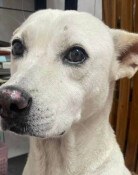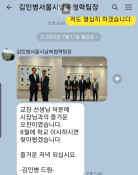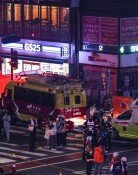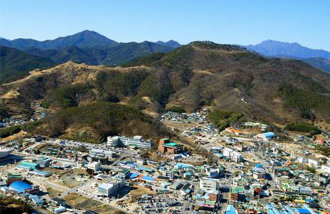Scientists for the fatherland
Before experiencing global disgrace over his fabricated dissertation on stem cells, Hwang Woo-suk impressed journalists in 2005 by saying, In science, there is no border but a fatherland of scientists, something said first by French microbiologist Louis Pasteur (1822-1895). When France was defeated in a war with Prussia, an angry Pasteur talked about the fatherland and scientists. He meant that science deals with universal values but scientists must contribute to their fatherland by utilizing science.
Hungarian-born Jewish scientist John Von Neumann (1903-1957) conducted research in Germany and Switzerland but defected to the U.S. when Adolf Hitler was poised to take power. When World War II broke out, the quantum mechanics pioneer joined the Manhattan Project to develop the atomic bomb. Von Neumann might have wanted to drop atomic bombs in a Nazi-ruled Germany that committed the Holocaust, but they were instead dropped on Japan due to Germanys early surrender.
Chinese Academy of Sciences scholar Shi Changxu devoted his life to the development of the Chinese stealth fighter J-20. He spearheaded the development of super alloys used in jet engines. After graduating from an engineering school in Xian, he went to the U.S. in 1948 for further study. Shi was one of 35 Chinese scientists studying in the U.S. that Washington banned from returning home during the Korean War. When the ban was lifted in 1955, Shi chose to return to China with no hesitation. Though his adviser tried to dissuade him by asking, Why choose to take a rough and difficult path? Shi said, My fatherland is in a difficult situation due to lack of manpower. I cannot turn a blind eye to this.
Shi, who strived for the development of jet engines even in the dark era of the Cultural Revolution, received a prize given to the best scientist in China Monday. The Chinese government has attracted Chinese scientists and engineers who studied abroad back to their homeland by saying, We never ask scientists about their ideologies or loyalty to the party. The Chinese are as unique as the Jews in maintaining their ethnic identity despite their diasporas. In this sense, a survey of the Korea Research Institute for Vocational Education and Training leaves a bitter taste. According to the poll, 73.9 percent of Koreans going for their Ph.Ds in science and engineering in the U.S. said they will not return home.
Editorial Writer Chung Sung-hee (shchung@donga.com)







